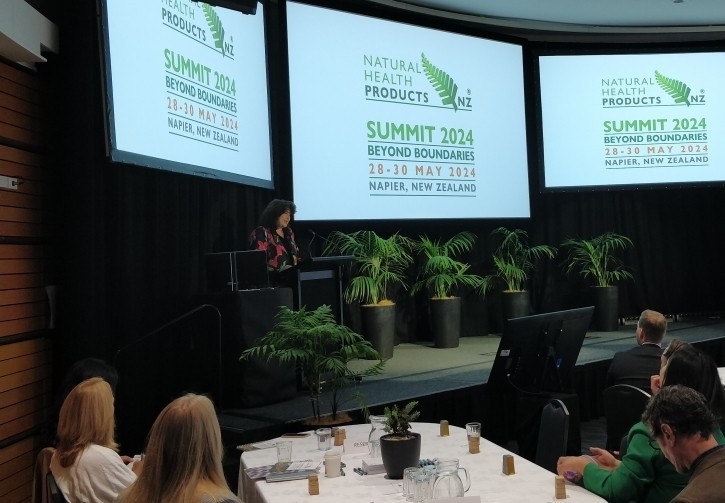New Zealand to get ‘new bill’ to regulate natural products, while industry body voices ‘grave concerns’ over exports policy

Industry players in New Zealand have long been campaigning for new regulations to replace the current regime, which dates back to 1980s, with trade body Natural Health Products New Zealand (NHPNZ) keen to have a system that allows health claims and helps boost exports.
NHPNZ believes that the sector’s export total of $650m could double within five years under a more favourable regime.
Earlier this year we reported how associate health minister Casey Costello said she would repeal the Therapeutic Products Act that was due to come into force in 2026 and regulate the industry alongside a host of medical-related categories . This Act had been drawn up by the previous Labour administration, before it was defeated in last November’s election and replaced by a National Party government in coalition with ACT New Zealand and New Zealand First.
The Act had received mixed reviews from industry, with many feeling it was overly bureaucratic and costly for natural products firms. But there were also fears that repealing it would lead to another protracted process of drawing up new rules.
Now the government has announced that natural health products will be regulated under a standalone bill, to be developed following engagement with the natural health products sector.
“The Ministry will work with Minsters and the Ministry for Primary Industries to agree the timing and manner of stakeholder engagement,” said the Ministry of Health.
“Work on a new natural health products bill will not commence until after we have engaged with stakeholders; and no decisions have been taken on the scope or approach to be adopted in the bill.”
In practice, any new bill is likely to take years to come into force.
As part of the process to repeal the planned Therapeutic Products Act, it was referred to the Health Committee which called for submissions.
It received 229 written submissions and heard 19 oral submissions over two hearings in August.
The Health Committee will report back to Parliament by November 1 2024.
Export difficulties
In relation to exports, NHPNZ has also taken part in a consultation around export exemptions under the Food Act 2014
Under these rules, businesses are currently required to submit an application to the Ministry for Primary Industries (MPI) to have their food export exempted from New Zealand composition and/or labelling requirements to meet importing country requirements – effectively a system of pre-approval that many believe stifled exports and slowed speed to overseas markets.
Officials proposed four solutions:
- Option 1: Maintain the status quo. This option uses section 347 of the Food Act 2014 to continue to provide exemptions on an individual application/case-by-case basis. This approach means each exemption is specific to a particular food exported to a particular market.
- Option 2: An exemption in regulations for all food exports from New Zealand standards relating to composition and labelling, with conditions.
- Option 3: An exemption in regulations for all food exports from New Zealand standards relating to labelling (no conditions to be met) and composition (with conditions to be met, potentially including where health claims are made or government assurances are required).
- Option 4: An exemption in regulations for all food exports, with a differentiated approach for different classes of product or market. For example, foods that are intended for consumption by a higher-risk population group may have some specific conditions that are different from another class of products.
NHPNZ says its have communicated industry’s requirements and the pathways to achieve successful outcome to officials across agencies both this year and over previous years.
However, “we still have grave concerns that a workable export-only exemption for dietary supplements will be achieved. The legal opinion we commissioned provided for several pathways to achieve an export-only exemption,” it said.
“NHPNZ will continue to engage with all levels of Government in advocating for a workable solution to export exemptions.
We are taking every opportunity to outline the industry position.”
MPI has said it will take the consultation feedback into account as its prepares advice to the Government on the proposed policy options and seek approval from Ministers to draft regulations.
“We will then undertake targeted engagement on an early draft of these regulations, to ensure that they are practical and workable."
















